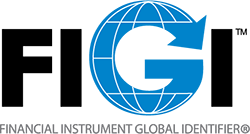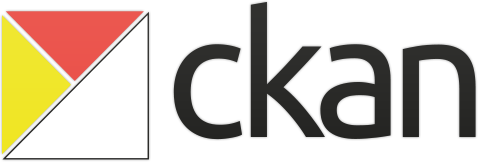List of Related Standards

FIBO – OKG
Financial Industry Business Ontology
The Financial Industry Business Ontology (FIBO®) defines the sets of things that are of interest in financial business applications and the ways that those things can relate to one another. In this way, FIBO can give meaning to any data (e.g., spreadsheets, relational databases, XML documents) that describe the business of finance.

FIGI
Financial Instruments Global Identifier
Financial Instrument Global Identifier® (FIGI®) is a framework that standardizes the way financial securities are globally identified. Many of the systems in use today across the securities industry have been built around proprietary, closed methodologies for identifying financial securities. Hundreds of symbologies are in use, with companies often using various classification methods to name and manage financial securities and map contextual information about these securities during the trade negotiation, execution, settlement and clearing processes.

LKIF-Core
Legal Knowledge Interchange Format
The LKIF core legal ontology consists of 15 modules, each of which describes a set of closely related concepts from both legal and commonsense domains. In that sense, the LKIF core ontology is rather a library of ontologies relevant for the legal domain than a monolithic body of definitions. A glossary of the concepts and properties included in these modules can be found here. The online documentation provides a definition of each concept and property in the Manchester OWL syntax (See the co-ode website).
statDCAT
Data Catalog Application Profile for Data Portals in Europe
StatDCAT-AP delivers specifications and tools that enhance interoperability between descriptions of statistical data sets within the statistical domain and between statistical data and open data portals.

DCAT V3
Data Catalog Vocabulary
This page describes version 3.0.0 of the DCAT-AP, which is the latest release of the DCAT Application Profile for data portals in Europe (DCAT-AP).
This current version of DCAT-AP 3.0.0 is fully aligned and compatible with the proposed recommendation of DCAT 3.

CKAN
Comprehensive Knowledge Archive Network
CKAN is an open-source DMS (data management system) for powering data hubs and data portals. CKAN makes it easy to publish, share and use data. It powers hundreds of data portals worldwide.
SAREF-Core
Smart Applications REFerence Ontology
SAREF explicitly specifies the recurring core concepts in the Smart Applications domain, the main relationships between these concepts, and axioms to constrain the usage of these concepts and relationships.
NGSI-LD
Next Generation Service Interface – Linked Data
NGSI-LD is a simple yet powerful open API for Context Information Management à
Published as ETSI Specification (April 2018)
A RESTful API using JSON so any web/backend developer gets quickly used to it
Yet powerful: It supports geo-queries, temporal queries and Linked Data (JSON-LD)

CIM
Common Information model
DMTF’s Common Information Model (CIM) is developed and maintained by the CIM Forum. It provides a common definition of management information for systems, networks, applications and services, and allows for vendor extensions.
The CIM standard includes a Specification and a Schema, as well as a Metamodel.

Federated Data Marketplace for Embedded Finance



